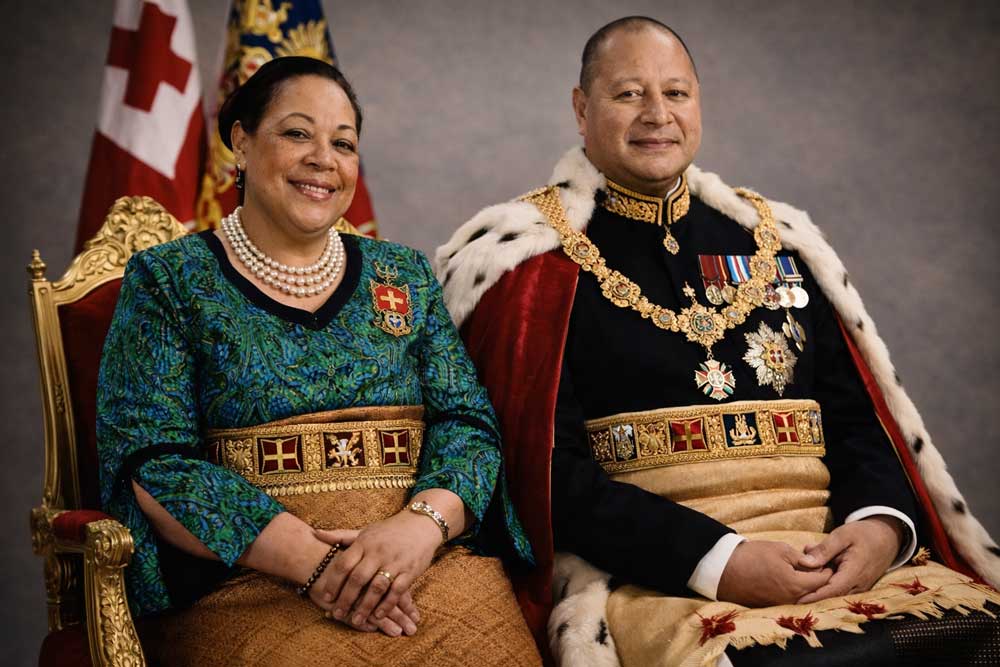Three men have been killed in a US strike on an alleged drug-smuggling boat in the Caribbean, US Defence Secretary Pete Hegseth has said.
It is the latest in a series of attacks on vessels the Trump administration asserts are being used to smuggle drugs into the US.
Since they began in September, experts have questioned the legality of the strikes under international law, which have provoked strong criticism from Latin American leaders whose citizens have been affected.
Combatting the flow of illegal drugs is a key policy for US President Donald Trump - but some argue the strikes are a means to influence politically opposed governments in the region.
Hegseth claimed that the targeted boat was operated by a designated terrorist organization, without specifying which one, and had been traveling in international waters when it was hit.
The vessel was said to be on a known drug-smuggling route and carrying narcotics, according to Hegseth, who did not provide concrete evidence.
His statement was accompanied by video footage appearing to show a blurry boat traveling through the water before exploding.
These strikes typically come with vague footage and little detail about the purported drug trafficking or the individuals aboard each vessel.
Since early September, at least 64 fatalities from American airstrikes in the Caribbean and eastern Pacific have been reported.
Colombian President Gustavo Petro condemned the attacks as murder and suggested they are a tactic used by the US to assert dominance over Latin America.
Venezuelan President Nicolas Maduro has accused Washington of fabricating a war to justify military action against his country.
Tensions between the Trump administration and these two nations have escalated, with Venezuela's leadership facing significant sanctions from the US.
While Trump considers these campaigns crucial for targeting narco-terrorists, both Democratic and Republican lawmakers have called for legal checks on such military actions.
UN human rights chief Volker Turk recently highlighted the unacceptable human cost of these attacks, branding them a violation of international human rights law.
As the US has been bolstering its military presence in the Caribbean, analysts suggest that these operations extend beyond drug enforcement, aiming to shift power dynamics in the region.





















